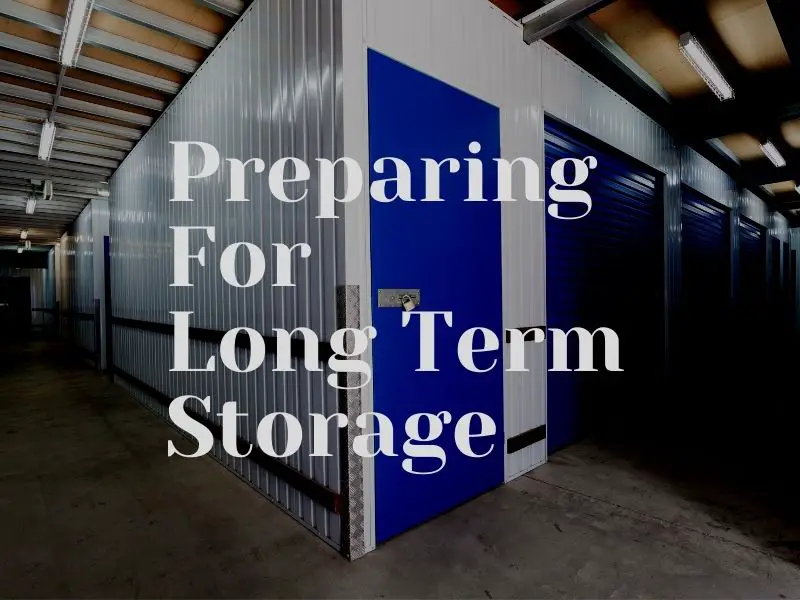
Before packing anything away, ensure that all items are thoroughly cleaned and dried. This step is crucial to prevent mold, mildew, and odors from developing during storage. Use appropriate cleaning methods for each item – from wiping down furniture to laundering textiles – to remove dirt, dust, and any potential contaminants.
Selecting the correct containers is key to protecting your belongings. Opt for sturdy, sealed boxes or plastic containers that can withstand stacking. Avoid cardboard boxes if possible, as they are more susceptible to moisture and pests. Label each container clearly with its contents to make retrieval easier later on.
For fragile items such as glassware, ceramics, or electronics, provide extra padding with bubble wrap, packing paper, or foam inserts. Wrap each item individually and ensure they are securely cushioned within their containers. This precaution will minimize the risk of breakage during handling or while in storage.
To save space and protect large items like furniture or bicycles, disassemble them as much as possible before storing. Keep screws, bolts, and small parts in labeled bags taped to the main components or in a designated box. This method not only reduces the storage footprint but also makes reassembly hassle-free when you retrieve your items.
Whenever possible, opt for climate-controlled storage units, especially for sensitive items like wooden furniture, artwork, or electronics. These units maintain a stable temperature and humidity level, which helps prevent warping, cracking, rust, or other damage that can occur due to extreme environmental conditions.
While you take all precautions to protect your items, unexpected events can still occur. Consider investing in storage insurance to safeguard your belongings against theft, fire, or natural disasters. Many storage facilities offer insurance options or can recommend trusted providers.